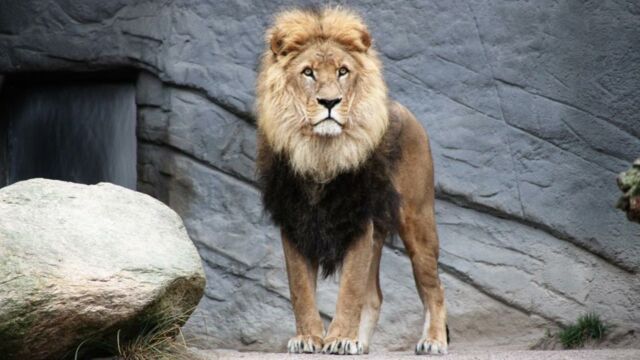COVID: Big cats experience symptoms similar to humans upon infection

Several big cats tested positive in Denver Zoo after staff noticed that they were sneezing and coughing.
An increasing number of big cats have been getting infected by the Delta variant in zoos across the United States. Most recently, Colorado’s Denver Zoo revealed that 11 of their African lions and an additional two tigers named Yuri and Nikita, have tested positive for the virus.
Discover our latest podcast
Testing positive
They were examined after their keepers noticed that they were exhibiting symptoms such as coughing, sneezing, lethargy, and nasal discharge. The institution added:
More under this adMore under this adAnimal care and veterinarians describe their symptoms as relatively mild at this point, and are closely monitoring and treating the lions individually as needed.
None of the animals were vaccinated against COVID, but Denver Zoo has confirmed that they will get inoculated as soon as an appropriate vaccine is available. They stated:
More under this adMore under this adSimilar to Yuri and Nikita, none of the lions had been vaccinated against COVID-19, but our veterinarians are planning to vaccinate them along with the tigers as soon as more doses of the animal-specific Zoetis vaccine become available. We will continue to provide health updates as their status changes.
Animals catching COVID
Since the beginning of the pandemic, a majority of zoo animals that have been infected with coronavirus have been big cats. According to the Centers for Disease Control (CDC) and Prevention, other animals that have higher chances of catching the disease from interactions with humans include otters, non-human primates, and pets like cats, dogs, and ferrets.
More under this adMore under this adSymptoms that could indicate infection in animals, as outlined by the CDC, include:
- Fever
- Coughing
- Sneezing
- Discharge from nose and/or mouth
- Shortness of breath
- Diarrhoea
- Vomiting
- Lethargy
While animals can catch COVID after close contact with an infected person, the risk of animals spreading the same virus back to other humans remains low.